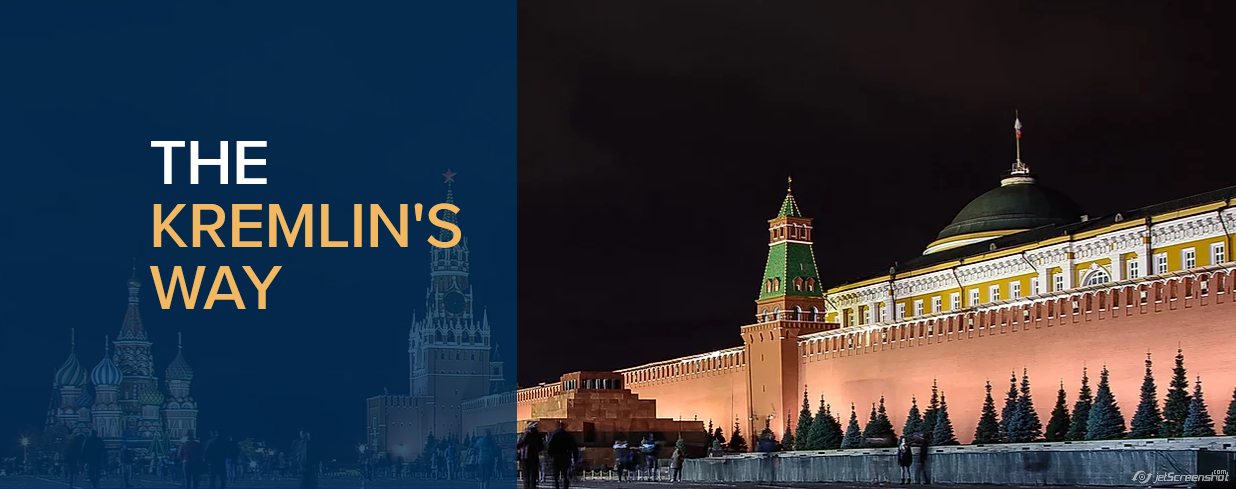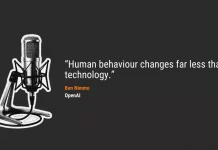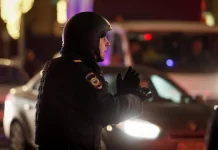By Edward Lucas, for CEPA
In Russia, All Power Leads to Putin
Switzerland and Russia have few similarities. But one of them is that that the name of the head of the government matters little. The top job in the Swiss system is held by Simonetta Sommaruga. Except that it is not really the top job: the head of state is the collective Federal Council—in effect, the government. Sommaruga, a pianist who once ran the consumer-protection agency, is merely first among equals, in office for a year.
Few people outside Russia know the name of the prime minister there, either. Mikhail Mishustin, appointed on January 16th, is head of government on paper. But the only person who matters is Vladimir Putin, the president.
In Switzerland, the name on the office door is irrelevant because the country’s institutions are so strong. Most powers are devolved to the cantonal level. Federal elections are boring, usually resulting in minute changes in the ruling coalition. But referendums can be exciting: a vote next month will determine whether homophobia is criminalized along with race and sex discrimination.
In Russia, the rules, institutions, precedents, and other political arrangements that in other countries are the vital ingredients of politics are mostly decorative or irrelevant. Relations with Putin matter more than relations with anyone else. The central question of Russian politics is the future of the central man in Russian politics: how will Putin stay in power?
That question has two answers. One is about the way he rules. Real incomes have fallen in the five years since the seizure of Crimea from Ukraine. A $415 billion plan for modernizing infrastructure stalled. Now it looks as though the era of fiscal restraint is over. A former head of the tax service, Mishustin now has to show he can spend money as well as he collected it. That will be hard: Russia in the Putin era has not developed the kind of state institutions that can spend large amounts of money efficiently.
The other answer is about the political maneuvering needed to stay in power when the president’s seven-year constitutional term expires in 2024. The striking fact is that nobody—inside or outside Russia—can say with any certainty what Putin is up to. The constitutional changes announced along with Mishustin’s appointment rushed through the Duma by a 432-0 vote. The new constitutional council that was supposed to consider the amendments has not even met. A previously obscure body, the State Council, is gaining new importance. That could give Putin a new perching point, freed from the wearisome obligations of formal office, but still able to wield power behind the scenes.
Outsiders have little chance of understanding any of this, let alone influencing it. The practical question for them is what happens to Belarus. At first it seemed as if Putin’s constitutional shenanigans signaled the abandonment of much-talked-about plans to, in effect, annex Belarus. A “Union State” consisting of the two countries already exists on paper: made real, it would offer Putin a chance to side-step the Russian constitution and run the new, bigger country. Russia cut off oil and gas supplies to its heavily-subsidized western neighbor three weeks ago, and shows no sign of restarting them. Just a business dispute? Perhaps. The country’s leader, Alyaksandr Lukashenka, again flirting wildly with the West, says it is an attempt to “dissolve Belarus.”
In April, Russia will hold a “public vote” on the constitutional changes. In Swiss referendums, the question is clear and the results are unknown. In Russia, it is the other way round. Putin will get his victory, though what it means will be unclear, perhaps for years. In Russia, politicians decide things, not voters.
By Edward Lucas, for CEPA
Europe’s Edge is an online journal covering crucial topics in the transatlantic policy debate. All opinions are those of the author and do not necessarily represent the position or views of the institutions they represent or the Center for European Policy Analysis.





